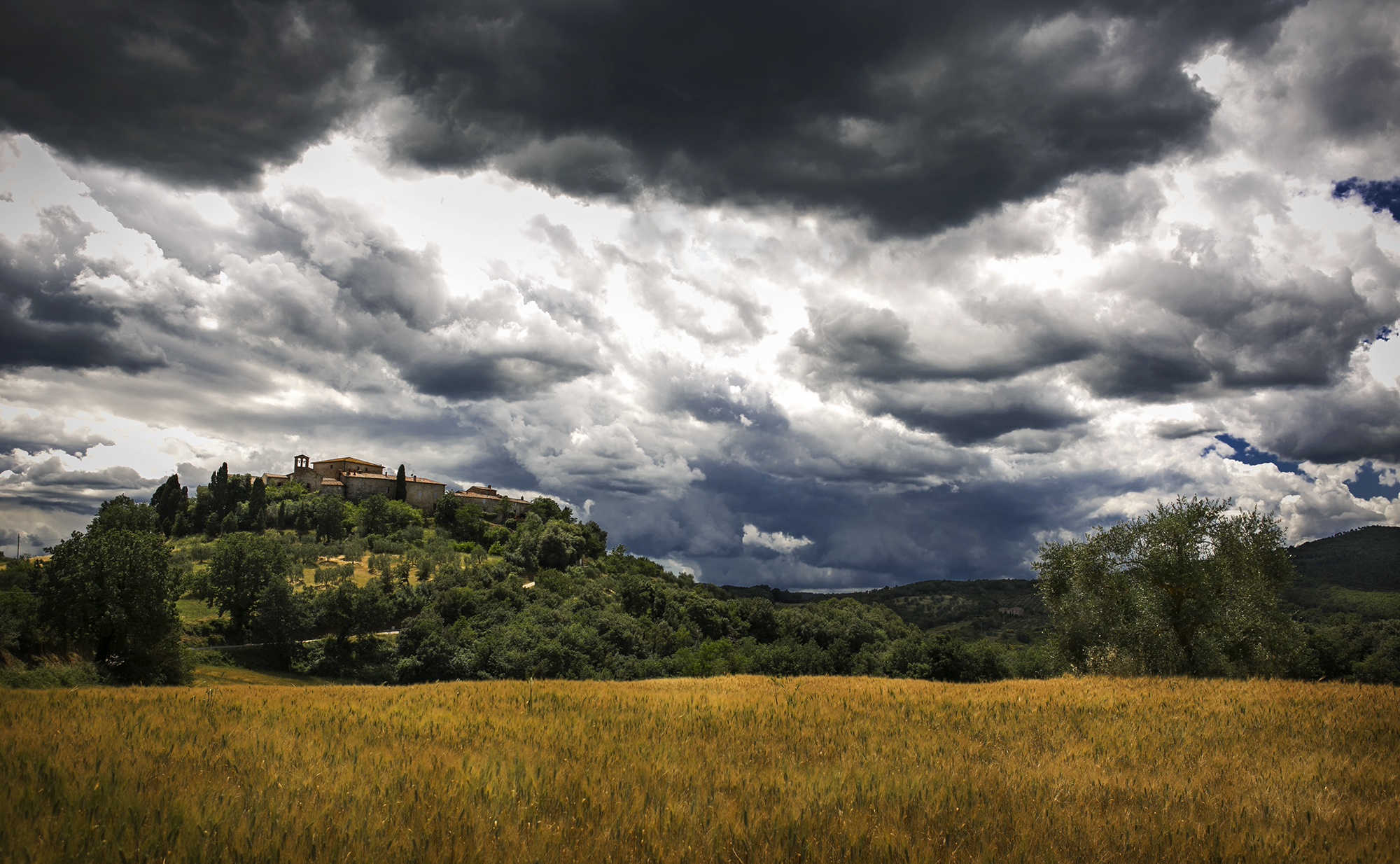Fieldwork

Location: 53016 Murlo, Province of Siena, Italy
Season: June 25, 2025 to August 1, 2025
Session Dates: June 25 - August 1st
Application Deadline: May 1, 2025
Deadline Type: Rolling
Website: http://www.poggiocivitate.com
Program Type:
Field School, Volunteer, Staff Position
RPA Certified:
No
Affiliation:
UMass Amherst
Project Director:
Anthony Tuck
Project Description:
The 2025 field season marks the 57th year of archaeological exploration at Poggio Civitate (Italian for “Hill of the Civilization”) located in central inland Tuscany. Excavation began in 1966 under the direction of Dr. Kyle M. Phillips, Jr. of Bryn Mawr College. Work continued under the direction of his student, Dr. Erik Nielsen, and is currently lead by Dr. Anthony Tuck of UMass Amherst. The excavations have brought to light a large volume of material from distinct phases of Etruscan occupation. A brief summary of this work is provided below. For further material and articles related to the site, please see the excavation database website.
The Poggio Civitate Archaeological Field School is among the oldest and most respected archaeological programs in the world. Our training provides students and archaeology enthusiasts the opportunity to excavate at the site under the direction of a staff of professional archaeologists, conservators, illustrators, and photographers. Participants receive training in all aspects of fieldwork, including excavation and data collection, archaeological survey and drawing, objects conservation, illustration, photography, and cataloguing.
At Poggio Civitate, we believe that the best field experience is comprehensive. Students are encouraged to work directly with directors of excavation units, follow artifacts from discovery through conservation and into cataloguing. Most of our participants come with no field work experience – many have never even taken an archaeology or classics course –and by the end of the season, we believe, each comes away with a foundation in Etruscan Archaeology and field methods, as well as a rich appreciation for Italy and rural Italian culture.
Work on site or in the laboratory (called the Magazzino) will constitute the majority of your “classroom” experience. Participants will work side by side with professional archaeologists, conservators and other members of the excavation team on projects integral to the functioning of the dig as a whole. While the majority of this time will be spent on the hill, working in the trenches, there is a weekly rotation into the magazzino where students will work in conservation, data entry, photography, cataloguing or illustration.
Fieldwork and excavation experiences are supplemented by lectures and a more traditional educational program. Weekly lectures by Professor Tuck or other members of the excavation staff cover a broad range of topics, from a general history of Etruria to the Social and Political implications of Bucchero pottery from Poggio Civitate. Visits to the museum that houses material from our excavation, as well as other regional museums occur frequently. There is also ample free time, including weekends, for participants to explore the Commune of Murlo, Tuscany, and further afield in Italy.
Period(s) of Occupation: Etruscan - Archaic - Orientalizing - Roman - Helenistic - Medieval
Project Size: 50+ participants
Minimum Length of Stay for Volunteers: Season
Minimum Age: High School Graduate
Experience Required: NA
Room and Board Arrangements:
Triple and Quad Rooms in L'Albergo di Murlo - Hotel in Vescovado di Murlo
Academic Credit:
Six Credit Hours (Two Classes) Upper Level Classics Course at UMass - Included in Program Fee
The AIA is North America's largest and oldest nonprofit organization dedicated to archaeology. The Institute advances awareness, education, fieldwork, preservation, publication, and research of archaeological sites and cultural heritage throughout the world. Your contribution makes a difference.